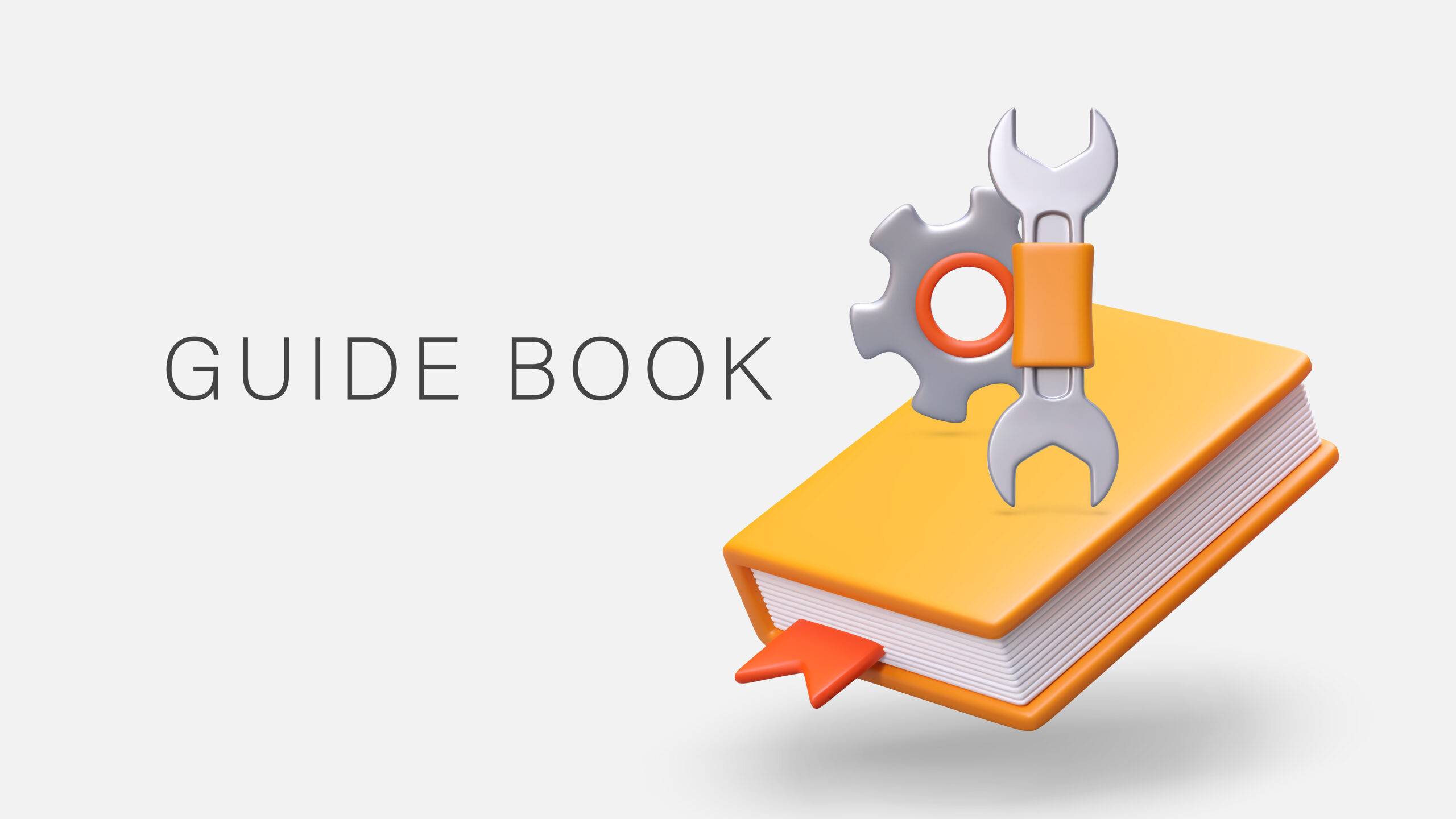Self-Study
The New Manager Guidebook
Accelerate your management success with a course review on recruiting, coaching, team development, and more.

$384.00 – $424.00
Webcasts are available for viewing Monday – Saturday, 8am – 8pm ET.
Without FlexCast, you must start with enough time to finish. (1 Hr/Credit)
Please fill out the form below and we will reach out as soon as possible.
CPE Credits
16 Credits: Business Management & Organization
Course Level
Overview
Format
Self-Study
Course Description
A new manager can be overwhelmed with the responsibilities of the job, and cannot afford to learn through trial and error. The New Manager Guidebook provides the essential knowledge needed to excel as a manager. It is packed with detailed guidance about how to recruit, coach, and train employees, as well as how to develop plans, organize work, and motivate staff. This business management and organization CPE course thoroughly addresses the management of teams, special projects, and start-up businesses, always with a focus on avoiding errors and delivering within expectations.
Learning Objectives
Upon successful completion of this course, participants will be able to:
- Recognize the activities involved in the practice of management.
- Identify the types of skills that a manager is most likely to need and not need.
- Recognize the sources of power.
- Specify the types of connections that different levels of managers need to develop as part of their personal networks.
- Recognize the activities that can make a manager more efficient.
- Describe the essential aspects of the various management theories.
- Identify the various steps in the planning process.
- Specify which levels of management are responsible for the different parts of the planning process.
- Identify the criteria for effective goals.
- Differentiate between scenario and contingency planning.
- Describe the negative effects of a structured planning process.
- Recognize the different activities that can be coordinated with a proper organizational structure.
- Differentiate between line and staff personnel.
- Identify the different organizational structures that can be used to orient a business in different ways.
- Describe the factors that impact the span of control.
- Describe the impact of a manager on her staff’s emotional state.
- Recognize the sources of emotional intelligence.
- Differentiate between the different types of leadership styles.
- Provide examples of intrinsic and extrinsic rewards.
- Specify the underlying requirements for a program of employee empowerment.
- Describe how to deal with the negative effects of uncivil behavior.
- Point out several examples of office culture.
- Specify the techniques available for reaching a tipping point in gaining support for a change.
- Describe the causes of complacency within a business.
- Identify the members of a guiding coalition for a change management initiative.
- Describe how a completed change initiative can backslide, and how this can be prevented.
- Recognize the activities involved in a control system.
- Specify how the various budgets interact with each other.
- Describe how to calculate sales and cost variances.
- Recognize how the job bidding process is used.
- Specify how to identify better job candidates from their resumes.
- Identify the various red flags that may arise during an employment interview.
- Recognize the effects that can cause incorrect hiring decisions.
- Specify the reasons why performance appraisals have such a poor reputation.
- Describe the contents of and time apportionments for a performance appraisal.
- Identify the targeted improvement areas for coaching, and situations in which coaching may not be accepted.
- Specify the main events covered in a coaching session.
- Discuss how to deal with an employee who refuses to speak.
- Identify coaching errors and efficiencies.
- Describe how to improve the return on a training investment.
- Specify the training that can be useful for a new manager.
- Recognize the techniques available for improving the efficiency of decision making.
- List the steps involved in making a decision.
- Identify the characteristics of the different types of teams.
- Recognize how a self-directed team can be set up to manage itself.
- Specify the alternatives available for gaining a high level of coherence in a dispersed team.
- Identify the different types of project management tools and their characteristics.
- Recognize the types of problems that the manager of a start-up is likely to face.
- Specify the risk mitigation techniques that could be used in a start-up business.
- Specify the various indicators of an unethical manager.
- Identify the components of a fair decision-making process.
- Describe the circumstances under which employees are more likely to follow the ethical lead of their manager.
- Identify the characteristics and purposes of the habits of an effective manager.
Course Specifics
SS623356133
October 17, 2024
There are no prerequisites.
None
271
Compliance Information
CFP Notice: Not all courses that qualify for CFP® credit are registered by Western CPE. If a course does not have a CFP registration number in the compliance section, the continuing education will need to be individually reported with the CFP Board. For more information on the reporting process, required documentation, processing fee, etc., contact the CFP Board. CFP Professionals must take each course in it’s entirety, the CFP Board DOES NOT accept partial credits for courses.
Meet The Experts

Steven M. Bragg, CPA, is a full-time book and course author who has written more than 300 business books and courses. He provides Western CPE with self-study courses in the areas of accounting and finance, with an emphasis on the practical application of accounting standards and management techniques. A sampling of his courses include the The New Controller Guidebook, The GAAP Guidebook, Accountants’ Guidebook, and Closing the Books: An Accountant’s Guide. He also manages the Accounting Best Practices podcast. Steven has been the CFO or controller of both public and private companies and has been a consulting manager with Ernst & Young and …
Related Courses
-
 Business Management & Organization
Business Management & Organization
Developing and Managing Teams
Steven M. Bragg, CPA QAS Self-Study
Credits: 4 $116.00
QAS Self-Study
Credits: 4 $116.00$116.00 – $136.00
-
 Business Management & Organization
Business Management & Organization
Effective Negotiation
Steven M. Bragg, CPA QAS Self-Study
Credits: 5 $145.00
QAS Self-Study
Credits: 5 $145.00$145.00 – $175.00
-
 Business Management & Organization
Business Management & Organization
Understanding and Managing Organizational Behavior
Delta CPE LLC QAS Self-Study
Credits: 14 $364.00
QAS Self-Study
Credits: 14 $364.00$364.00 – $404.00
